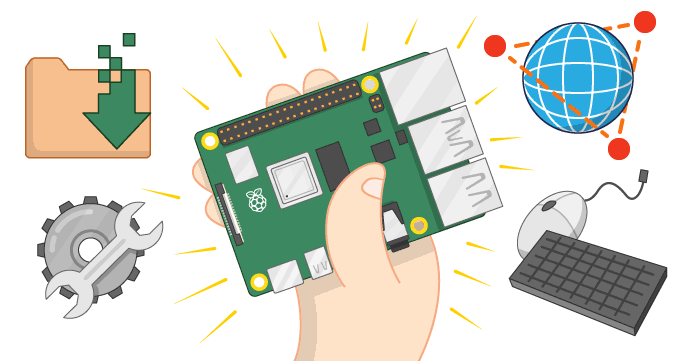Raspberry Pi, the renowned British minicomputer manufacturer, has made a significant move by filing for an initial public offering (IPO) on the UK stock market.
This listing aims to expand the company’s workforce and enhance its product portfolio, capitalizing on its growing success and the increasing demand for affordable, versatile computing solutions.
Background and Expectations
Raspberry Pi is celebrated for producing budget-friendly microcontrollers and single-board computers, with the most affordable option priced at merely $15. These devices can be utilized for a myriad of projects, such as creating smart home control hubs, DIY cameras, home media servers, and more.
A 2023 fundraising round headed by UK chip maker Arm Holdings reportedly valued Raspberry Pi at approximately £444 million (around $561 million). However, recent reports suggest that this estimation could have increased to approximately £500 million (approximately $630 million).
IPO and Future Plans
The Raspberry Pi Foundation, the charitable organization dedicated to computer science education that functions as Raspberry Pi’s parent company, will continue to hold the majority of the company’s shares.
The IPO aims to bring in additional funding to support the company’s ambitious plans, including employing additional engineers, bringing certain aspects of its semiconductor design process in-house, and launching new, premium product variants. These new offerings are intended to cater better to Raspberry Pi’s customer base.
Market Reaction and Impact
The IPO has been met with enthusiasm, with the company’s shares soaring above 380 pence, an immediate gain of 40 percent. This significant increase in value reflects the market’s confidence in Raspberry Pi’s future prospects.
The company’s unique offerings have garnered a dedicated following, and the potential listing could provide an opportunity for investors to tap into this thriving market.
Concerns and Future Directions
While the IPO marks a significant milestone for Raspberry Pi, some users are concerned about the potential impact on the company’s commitment to open-source and community-driven development.
With the company now listed on the stock exchange, there are fears that it may prioritize profits over its educational mission and community support. However, the Raspberry Pi Foundation will own 70% of the shares, ensuring that the company’s charitable goals remain a priority.
Raspberry Pi’s IPO marks a new era for the affordable computing pioneer, providing a significant boost to its financial resources and expansion plans. As the company continues to innovate and cater to its customer base, it remains to be seen how its commitment to open-source and community-driven development will evolve. One thing is certain, however: Raspberry Pi’s unique offerings have captured the hearts of many, and its future prospects look bright.











Leave a comment